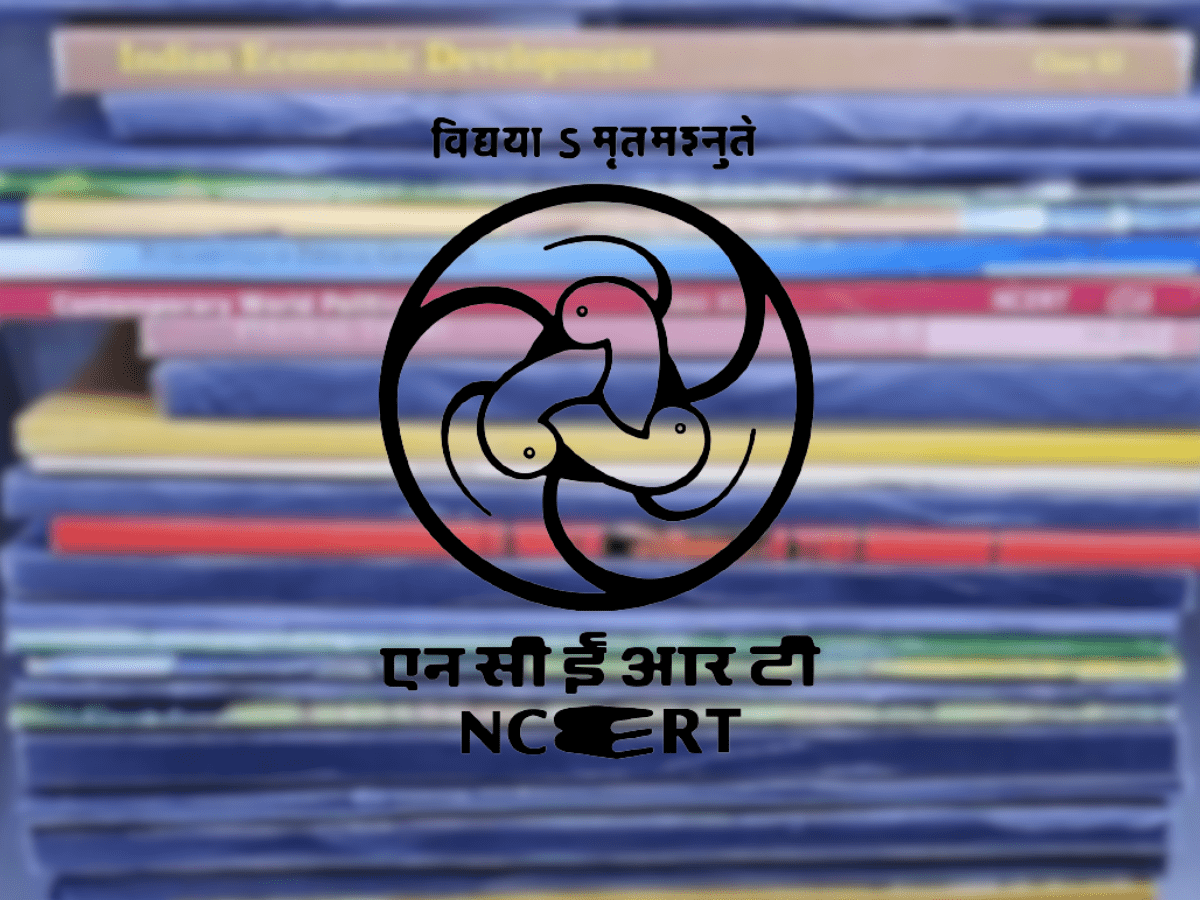
In a surprising move, the National Council of Educational Research and Training (NCERT) has decided to eliminate significant chapters on democracy and the periodic table from the textbooks of Class 10 students. This decision has sparked widespread debate and concerns among educators, parents, and students across the country.
Removal of Democracy Chapter Raises Concerns
The removal of the chapter on democracy has raised significant concerns among educational experts. Democracy is a fundamental pillar of the Indian Constitution, and understanding its principles and functioning is crucial for students to become informed and responsible citizens. By removing this chapter, NCERT may inadvertently undermine the importance of democratic values in society.
While the NCERT has not provided a specific reason for this removal, critics argue that it might be an attempt to streamline the curriculum and reduce the burden on students. However, this move has been met with skepticism, as it is essential to provide students with a comprehensive understanding of democratic principles, governance, and their role in shaping society.
Controversy Surrounding the Removal of Periodic Table Chapter
The decision to remove the chapter on the periodic table has also stirred controversy. The periodic table is a fundamental tool in the study of chemistry, providing a systematic arrangement of elements and their properties. Many educators and experts argue that excluding this chapter could result in a significant gap in students’ knowledge and understanding of the subject.
Chemistry forms the foundation for various scientific disciplines, and a thorough understanding of the periodic table is vital for future studies and careers in the field. By removing this chapter, NCERT may inadvertently hinder students’ ability to grasp complex chemical concepts and pursue further education in the sciences.
Impact on Students and the Education System
The removal of these chapters has left students and parents concerned about the quality and comprehensiveness of the curriculum. Education plays a pivotal role in shaping young minds, and any alterations to the syllabus should be carefully considered to ensure holistic development.
Some argue that reducing the curriculum’s breadth allows students to focus more on core concepts, while others worry that vital knowledge is being omitted. Balancing the need for depth and breadth in education is a complex task that requires careful deliberation and expert input.
Calls for Review and Reconsideration
Amid the uproar caused by these exclusions, several education experts, activists, and concerned citizens are calling for a review and reconsideration of NCERT’s decision. They argue that education should provide a well-rounded understanding of various subjects, enabling students to develop critical thinking skills and broad perspectives.
It is essential for NCERT to address these concerns and engage in constructive dialogue with stakeholders, including educators, parents, and students. Reevaluating the curriculum and ensuring the inclusion of crucial topics can help create a more comprehensive and effective education system.
Conclusion
As the controversy surrounding NCERT’s decision to remove chapters on democracy and the periodic table from Class 10 textbooks continues to escalate, the impact on students’ education and their understanding of vital subjects remains a matter of concern. It is crucial for educational authorities to consider the long-term implications of such decisions and prioritize the holistic development of students.
Balancing the need for a streamlined curriculum with the inclusion of essential knowledge and concepts should be the ultimate goal, ensuring that students receive a well-rounded education that prepares them for the challenges of the future.

